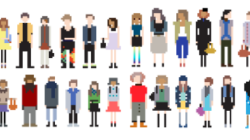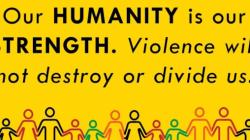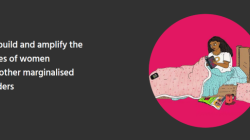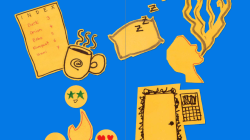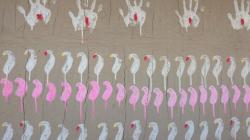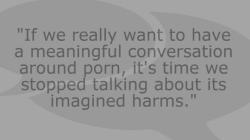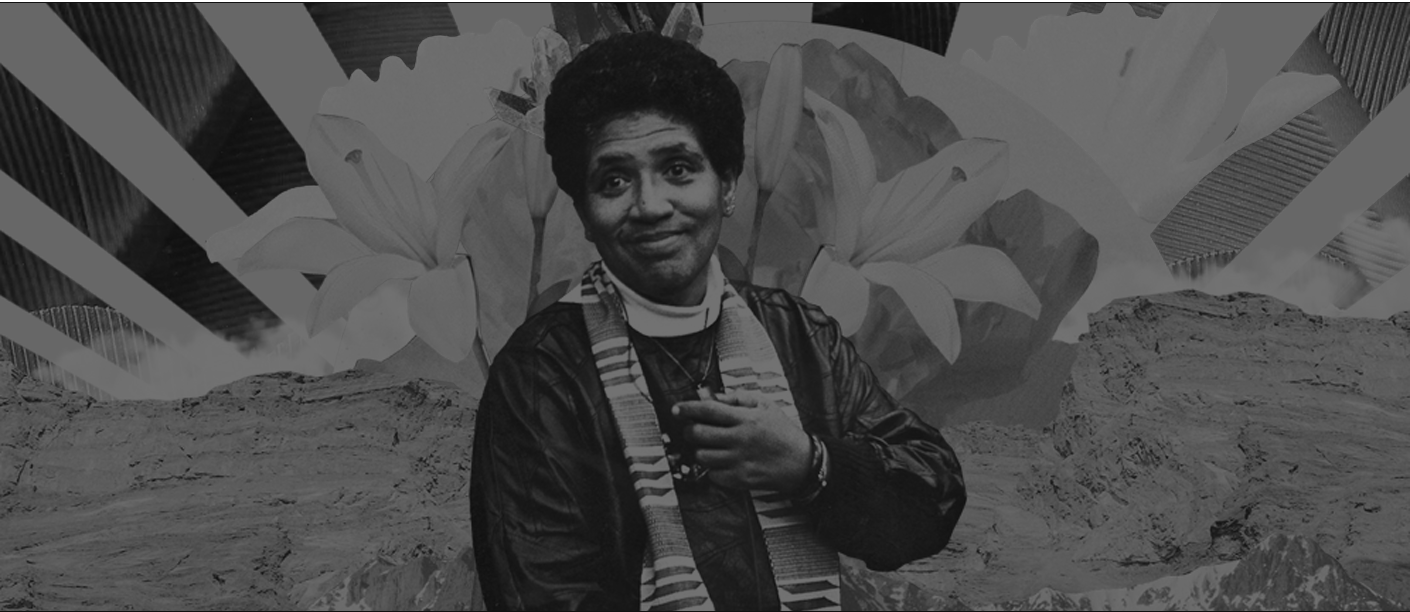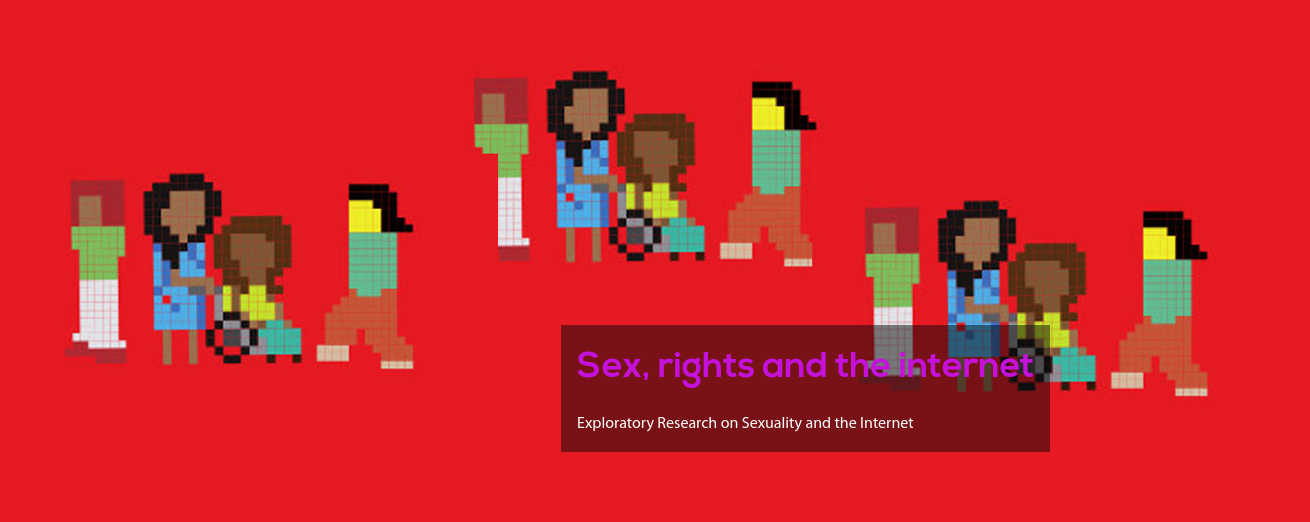
Sexuality and the Internet
This research is part of the Association for Progressive Communications (APC) project “Expanding EROTICS Networks in South Asia”, funded by AmplifyChange, and is based on a strong alliance with the partners and focal points in four countries: Sachini Perera and Zainab Ibrahim (focal points for Sri Lanka) Women and Media Collective (partner organization in Sri lanka), Parsa Sanjana Sajid (focal point for Bangladesh), Point of View (partner organisation in India), Loom and Body and Data (partner organisations in Nepal). Between August 2018 and October 2020, APC’s partners carried out this regional survey and follow-up qualitative studies exploring the information and communications legal, policy and socio-cultural landscape related to sexuality on the internet in Bangladesh, Nepal and Sri Lanka. This publication is based on the country regional surveys conducted in local languages by EROTICS partners and focal points and represents a continuation of the Global Monitoring Survey established by the EROTICS network since its inception in 2008. To read the previous reports and more on this subject, please visit erotics.apc.org or www.genderIT.org EROTICS (Exploratory Research on Sexuality and ICTs) is a global network of activists, academics and organisations working on sexuality issues including LGBTIQ rights, sex work, sex education, sexual and reproductive health and rights, and gender-based violence, in addition to internet freedom advocates, policy experts and techies. The objective of the network is to act as a bridge for inter-movement collaboration on sexual rights and internet rights, highlight technology-related violations against sexual rights activists, and build their capacity in the design, usage and governance of the internet.
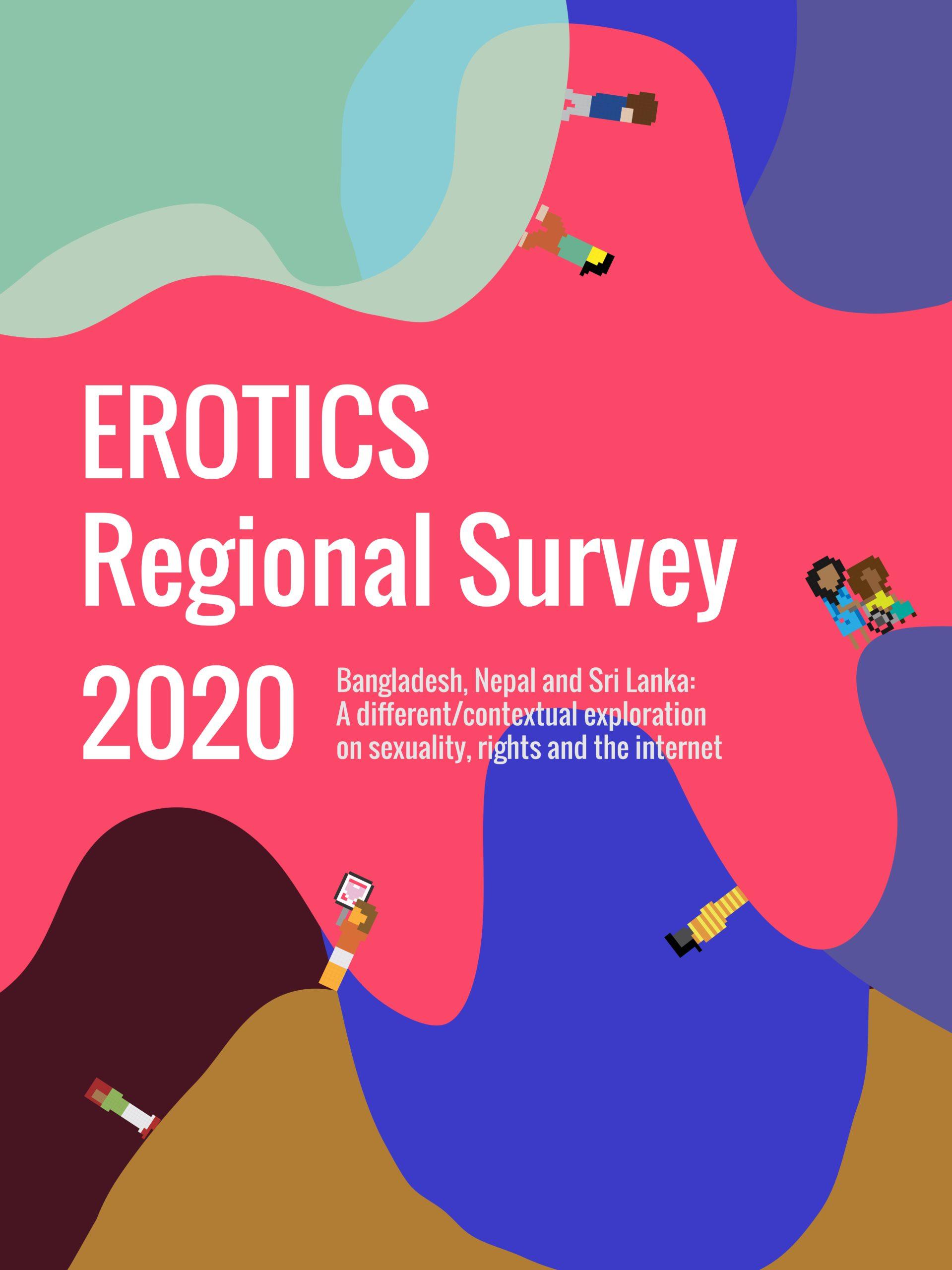
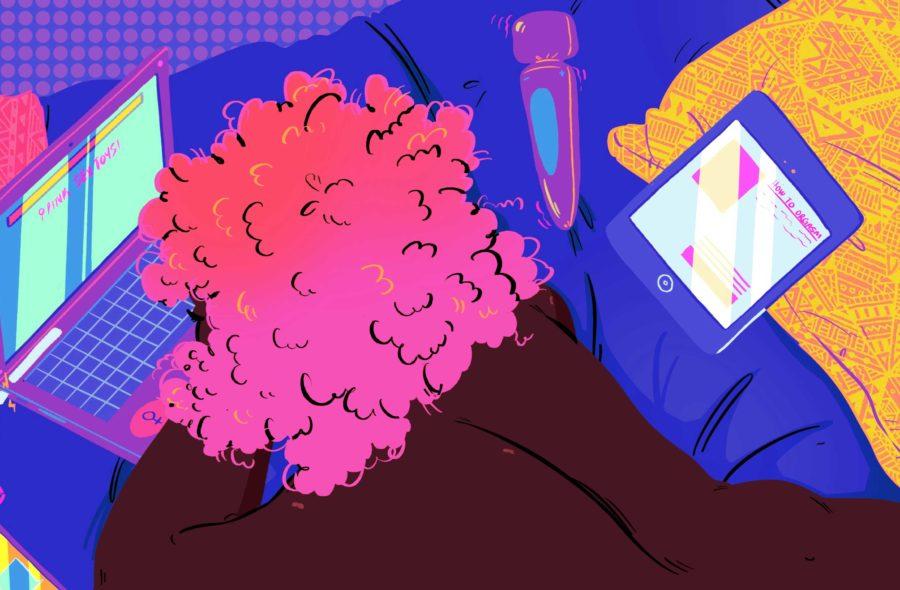
Sexuality and the internet is often and only a point of discussion when a "harm" or a "violation" has occurred. What is “harmful content” on the internet? The definition is contestable, subjective and open to a range of interpretations, and the majority of interventions to combat it are mostly concerned with obscenity and child pornography. Sexual rights workers are troubled by the growing role of conservative forces – supported by religious extremists – and their attempts to encourage new legislation that would treat all online sexual exchanges as sexual predation and all adult content on the internet as pornography. This protectionist approach overshadows other important aspects of the internet that directly impact on internet users’ lives and their ability to access vital information on sexuality, sexual health and sexual rights. However, sexuality and the internet also contribute to one's experience of exploration, pleasure and play. EROTICS is a two phase, exploratory research project carried out by APC, which aims to narrow the gap between political assumptions and a better understanding of content, “harm” and pleasure based on loved experiences of women, sexuality and gender diverse people and people with disabilities online.

